
Another round of school preparation days is negating the celestial gift of longer summer days; ones that are diminishing without any administrative help. And we are in meetings. The focus is how to teach you better, but the effort, if we are honest, is filling designated professional development days to create an illusion of readiness.
Someone inevitably adds that it is very important that we go to your games. “They need to see our faces,” they tell us. Many heads nod in agreement. Later, someone will recount their version of how one of the “the boys” noticed they were there.
But me. No. I will not be at the game. You know I support you, or you don’t. It does not matter to me. I hope that you do, but it does not matter. It does not matter because that is not the task. I can not take time from the family I love, and the home that rejuvenates me to go to your game.
Because, at the end of the day. When I go home. To the family I love. To the home that rejuvenates me. I inevitably take out a stack of over one hundred pages. Over one hundred pages that I will read, comment on, agonize over, plead for change, and then move to a pile that grows taller only long, long,…….long after the game is over.
How is it that the school thinks it is at the game that my presence matters? Why do you not see my face in the comments? Isn’t this much of what English teachers ask you to see in others’ writings: the human passion within them? To see the author’s purpose? Well, this is my purpose.
Yes, some of you will earn your ultimate success through athletics. I am literally someone who did just that for many years. I was a coach as long as I have been a teacher. But we say that a coach is a teacher, don’t we? Why do we say that and give that dual credit to the coaches, but we do not say and then appreciate that a teacher is a coach? Why doesn’t that sink in?
But I digress. The game. The field is set. Your heart is beating in your chest. This is the big moment. The sidelines are packed with people. You see your parents. You know they love you. You think they will love you even more if you win, because they will be proud of you. I will tell you a secret.
Lean in.
They love you more when you lose.
Your friends are there. In their own ways they love you too. And, yes, there are a couple of your teachers here. It’s cool they’ve come to see you; you think. Another secret for you.
Lean in again.
They love you too. Even the one you think hates you.
How do I know?
Because now it is dark. Everyone in the house is asleep. There is a light perched on the top of the computer screen. The keyboard is propped off to the side, and on my desk is your paper. I am writing on it. Your ideas are more organized this time. You still write in the passive voice at all the wrong times.
Imagine this is a field, or court, or a pool deck. The coach tells you, “Bend your ankles, knees, and hips; then share the work between all three.”
I write, “Remember to share your assertion early, so the reader knows where you are taking them.”
We both hope you get it right when it matters. Maybe not this week, but someday down the road when it really matters, when the clutch play, the important account, rides on your effort. Both of us. Equally.
Back on the field, the crowd is going wild. You can no longer hear your heart. The stands are cheering for you. You have the chance to succeed in this moment. This game is so important. It feels like the whole school is here. Except for me.
Now.
Imagine my desk as a field. The lights are shining on a gigantic stadium. This one really matters. You feel your whole life is riding on this letter, this presentation, this proposal. You hope you’ve gotten it right. You hope your talent and ability comes through, and that you deliver in the clutch.
You turn to look at the stands. They are empty. Except…wait…is that your English teacher? They always did say that someday it would matter. Someday you will want to get it right. It is lonely in these stands. But I stand here, and I whistle or cheer and I beg all the fates that you rise up in this one big important moment. You want me to ring a cowbell. Consider it rang. Is it cold? I am bundled, but not quite enough, as always happens at the cold games. Do you need pompoms? I’m not proud. I will shake them. You have seen the dog and pony show in my classroom. You know this. Whatever it takes. Whatever you need. I am there. Alone in the stands. Cheering you on.
I am sorry that we did not teach you to see all the ways in which we are there for you. I am kick-over-the-cooler-full-of-Gatorade mad. I am throw-the-clipboard-on-the-court angry that our system has not helped you to see this. Or maybe we should have more faith that you do see it. Do you see it? Shouldn’t we share this truth with you?
So, no. I am not at the game. But you should understand now that I actually am. It’s just that this field, this world, is so large. You might not see all the cheering masses, fingers crossed, shivering in the stands, their hearts in their throats, hoping, praying, making deals for your success. But we are there. I am here.
Go get ‘em champ!





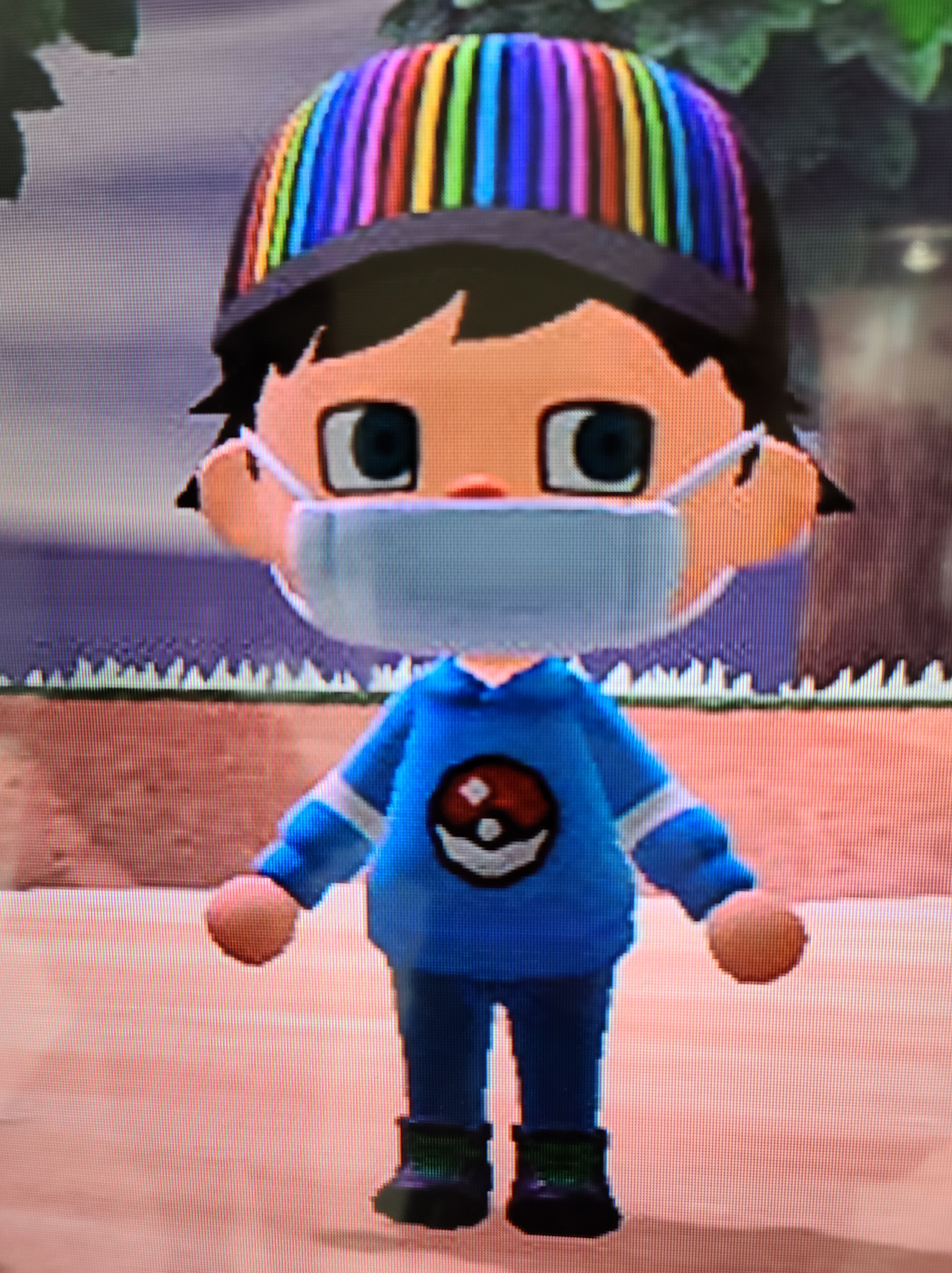
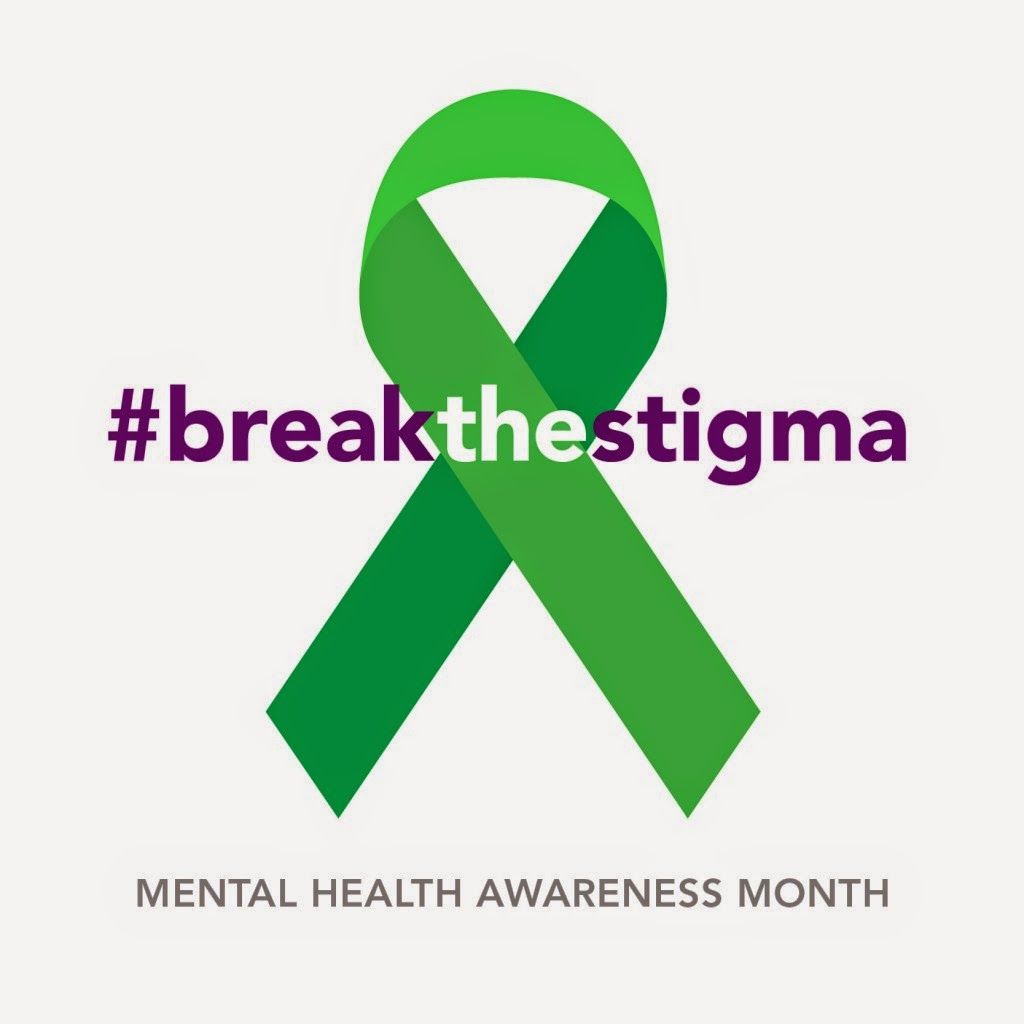 May is Mental Health Month. And I’ll start right here with the disclaimer that I understand jumping right to suicide when discussing mental health seems to negate an entire spectrum of other issues. But that’s not what I am doing. This is what I’ve been thinking about lately and so I’m going to share this now. And hopefully it stays a good time to write this; when the news is quiet about this particular form of tragedy.
May is Mental Health Month. And I’ll start right here with the disclaimer that I understand jumping right to suicide when discussing mental health seems to negate an entire spectrum of other issues. But that’s not what I am doing. This is what I’ve been thinking about lately and so I’m going to share this now. And hopefully it stays a good time to write this; when the news is quiet about this particular form of tragedy. I am a boat builder. When I say it I feel weird; like writers might feel saying they are writers. Or should I say, like I feel saying I’m a writer? So many people have such romantic notions of building boats. They imagine steam bending wood or running a plane along finely milled gunnel. And, yes, I do some of this, but mostly I sweat, or freeze, and wear a mask and get messy. The boats I build are mostly used by lifeguards on the East Coast and prominently around New Jersey. We call them lifeguard boats. They are fashioned off old Sea Bright Skiffs, for any of you nautical buffs out there.
I am a boat builder. When I say it I feel weird; like writers might feel saying they are writers. Or should I say, like I feel saying I’m a writer? So many people have such romantic notions of building boats. They imagine steam bending wood or running a plane along finely milled gunnel. And, yes, I do some of this, but mostly I sweat, or freeze, and wear a mask and get messy. The boats I build are mostly used by lifeguards on the East Coast and prominently around New Jersey. We call them lifeguard boats. They are fashioned off old Sea Bright Skiffs, for any of you nautical buffs out there.
![Creative Commons Licence [Some Rights Reserved]](https://i0.wp.com/s1.geograph.org.uk/img/somerights20.gif)
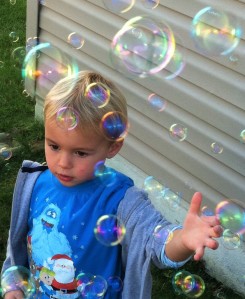
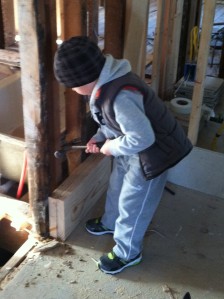
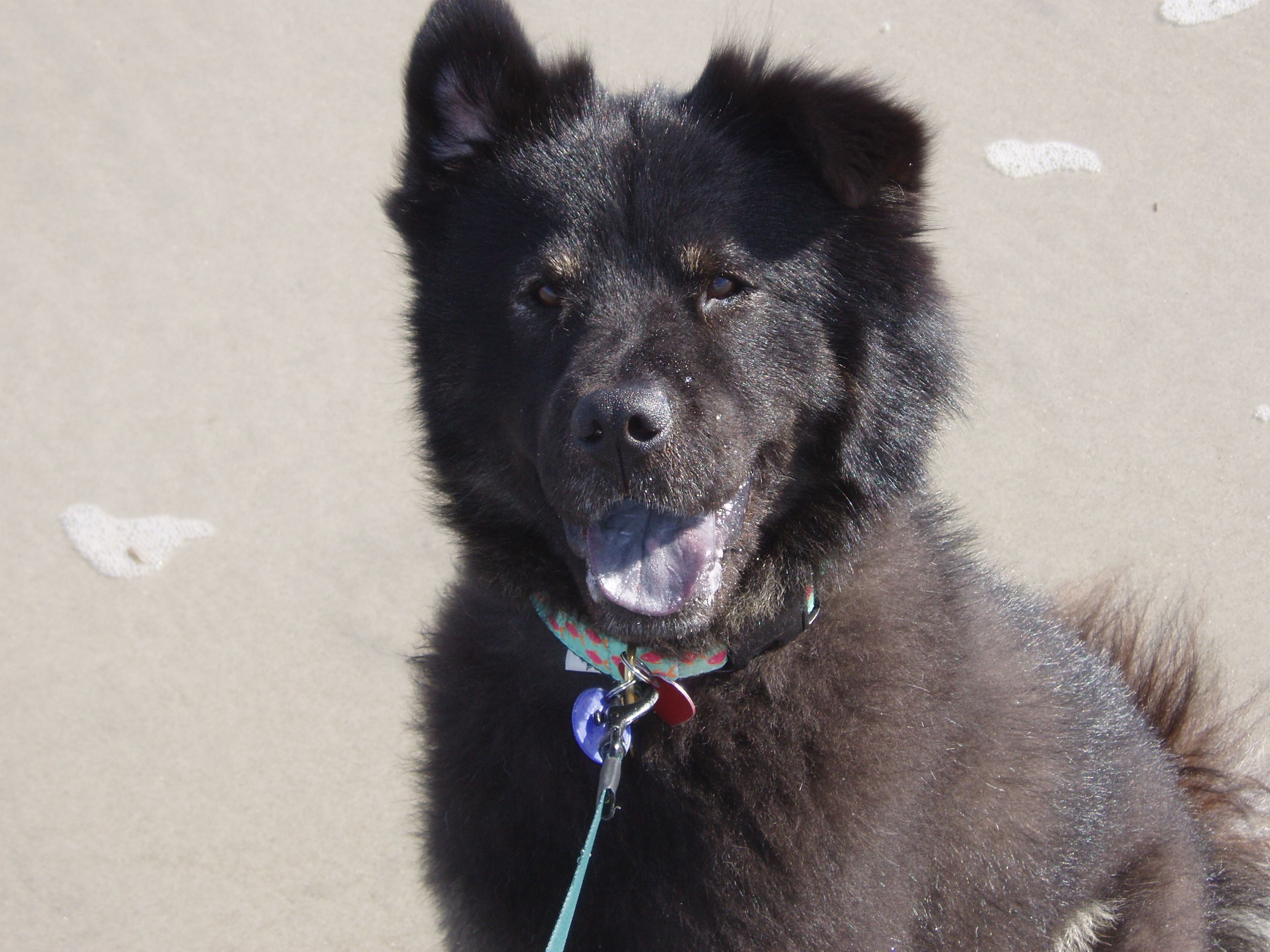
 It is the holidays; a time of family traditions. I’m indifferent at best when it comes to Christmas and/ or whatever else. I’m sort of anti commercialism. I don’t want anything. It bugs me that my son hears from an endless litany of people, “What do you want for Christmas?” And then, “What else?” I see him slowly evolving from not wanting anything really to creating a list just to make people happy. So the whole thing becomes a big buying bummer. But on the other hand, there are the traditions that make family time nice.
It is the holidays; a time of family traditions. I’m indifferent at best when it comes to Christmas and/ or whatever else. I’m sort of anti commercialism. I don’t want anything. It bugs me that my son hears from an endless litany of people, “What do you want for Christmas?” And then, “What else?” I see him slowly evolving from not wanting anything really to creating a list just to make people happy. So the whole thing becomes a big buying bummer. But on the other hand, there are the traditions that make family time nice.